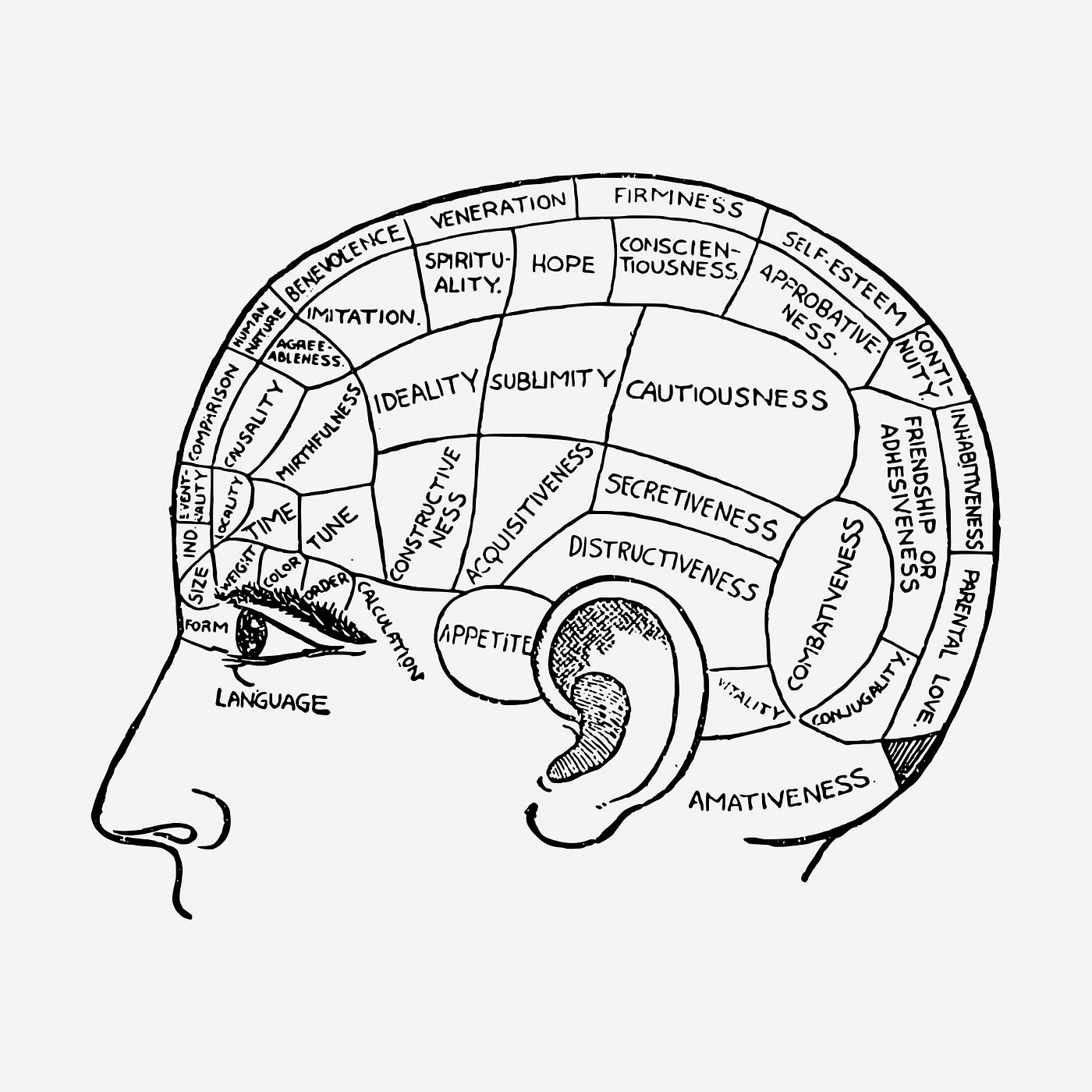Psychiatric Treatment: Nurturing Mental Health :- Mental health, often overlooked, is an integral aspect of overall well-being. Throughout history, the approach to psychiatric treatment has evolved, emphasizing the significance of mental health care in today’s world.
Psychiatric Treatment: Nurturing Mental Health

Types of Psychiatric Treatments
The realm of psychiatric treatment encompasses various methodologies. While medication remains prevalent, therapeutic interventions and alternative approaches have gained recognition.
Role of Medication in Psychiatric Treatment
Medication serves as a cornerstone in psychiatric care. From antidepressants to antipsychotics, understanding their benefits and potential side effects is crucial.
Therapeutic Approaches in Psychiatric Treatment
Therapeutic methods like Cognitive-behavioral therapy (CBT) or Psychoanalysis provide valuable tools to address underlying mental health issues.
Holistic and Alternative Treatments in Psychiatry
Beyond traditional methods, holistic approaches such as mindfulness and art therapy have shown promise in enhancing mental well-being.
The Importance of Personalized Treatment Plans
Tailoring treatment to individual needs fosters a collaborative approach between patients and psychiatrists, optimizing outcomes.
Challenges and Stigmas Surrounding Psychiatric Treatment
Despite advancements, societal stigmas and accessibility challenges persist, hindering access to mental health care.
Advancements and Innovations in Psychiatric Care
Technology and ongoing research continually propel psychiatric care forward, introducing new treatment avenues.
The Role of Support Systems in Psychiatric Treatment
Support from families, communities, and specialized groups plays a pivotal role in complementing professional care.
Understanding the Process of Seeking Psychiatric Help
Overcoming barriers and understanding the steps to accessing psychiatric care are crucial in initiating treatment.
Addressing Mental Health in Different Age Groups
Tailoring treatments for various age groups, including children, adolescents, and the elderly, ensures comprehensive care.
Integration of Psychiatric Care with Overall Health
Recognizing the link between mental and physical health highlights the necessity for holistic well-being.
Cultural Considerations in Psychiatric Treatment
Acknowledging diversity in mental health care and cultural competence fosters inclusive and effective treatment.
Evolving Perspectives on Mental Health and Treatment
Societal attitudes toward mental health are shifting, paving the way for a future where psychiatric treatment is destigmatized and accessible.
Conclusion
Prioritizing psychiatric treatment is pivotal for fostering mental well-being. Seeking help and support contributes to a healthier society.
Unique FAQs:
- How effective is psychiatric treatment compared to other forms of healthcare?
- Psychiatric treatment is highly effective when tailored to individual needs. It aims to alleviate mental health symptoms, enhance coping skills, and improve overall well-being. Its success varies but when combined with therapy, medication, or other support, it can be as impactful as other forms of healthcare in addressing mental health concerns.
- Are there natural remedies that can complement psychiatric treatment?
- Yes, natural remedies like mindfulness, exercise, adequate sleep, and a balanced diet can complement psychiatric treatment. They support mental health by reducing stress, improving mood, and enhancing overall well-being when used alongside professional guidance and treatment plans.
- What should one expect during the initial psychiatric consultation?
- During an initial psychiatric consultation, expect discussions about medical history, current concerns, and symptoms. The psychiatrist may ask about emotions, daily functioning, and life stressors. They’ll likely discuss treatment options, possibly recommend tests or evaluations, and collaborate to form a personalized treatment plan.
- Can cultural differences impact the effectiveness of psychiatric treatment?
- Yes, cultural differences can significantly impact psychiatric treatment. Beliefs, stigma, and cultural norms around mental health may affect help-seeking behaviors, understanding of symptoms, and treatment preferences. Culturally sensitive approaches that respect diverse beliefs and values can enhance treatment effectiveness.
- How can families support a loved one undergoing psychiatric treatment?
- Families can offer understanding, empathy, and practical support during psychiatric treatment. Encouraging treatment adherence, creating a supportive environment, learning about the condition, and participating in therapy or family sessions can strengthen communication and aid the loved one’s recovery journey.




